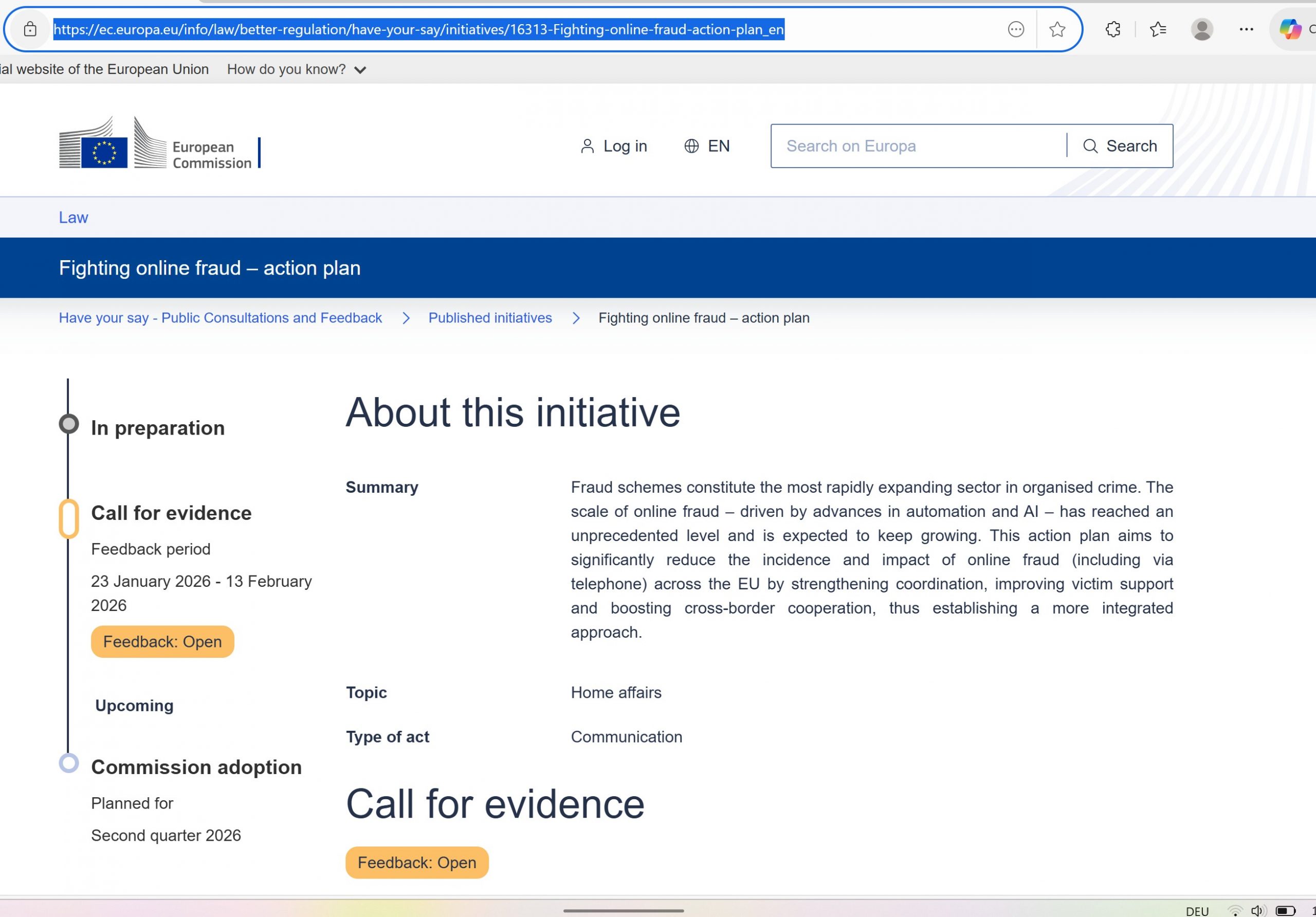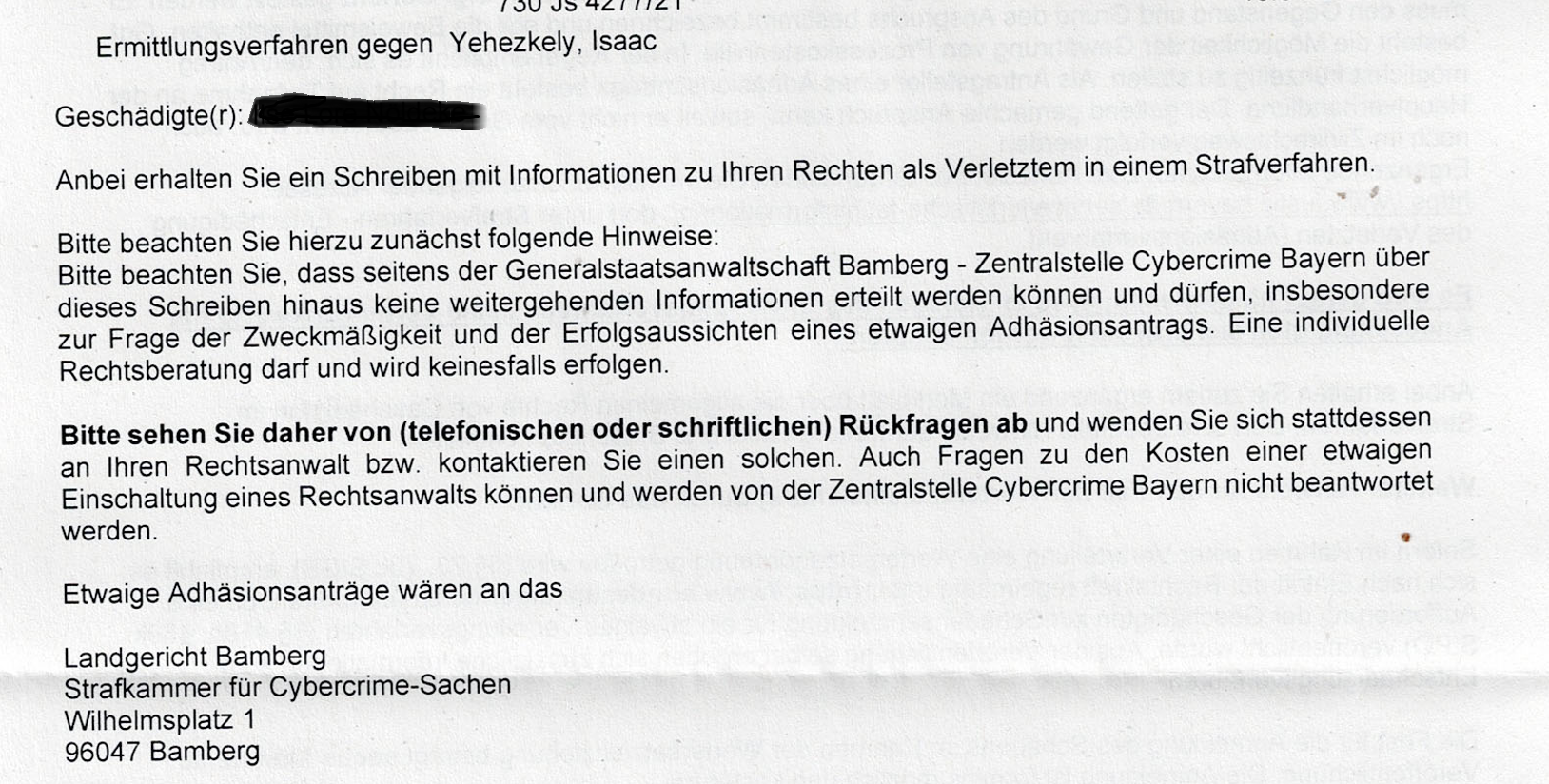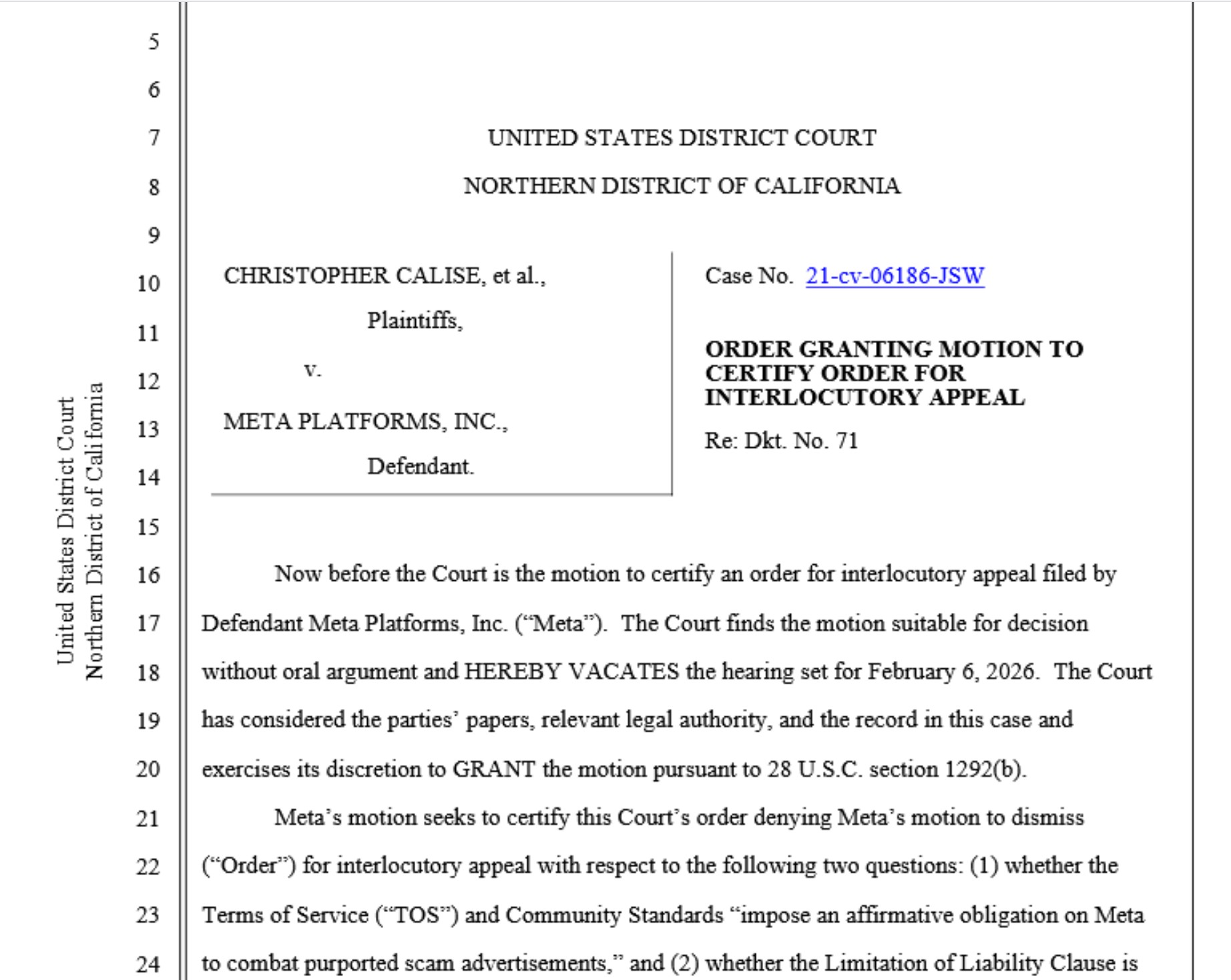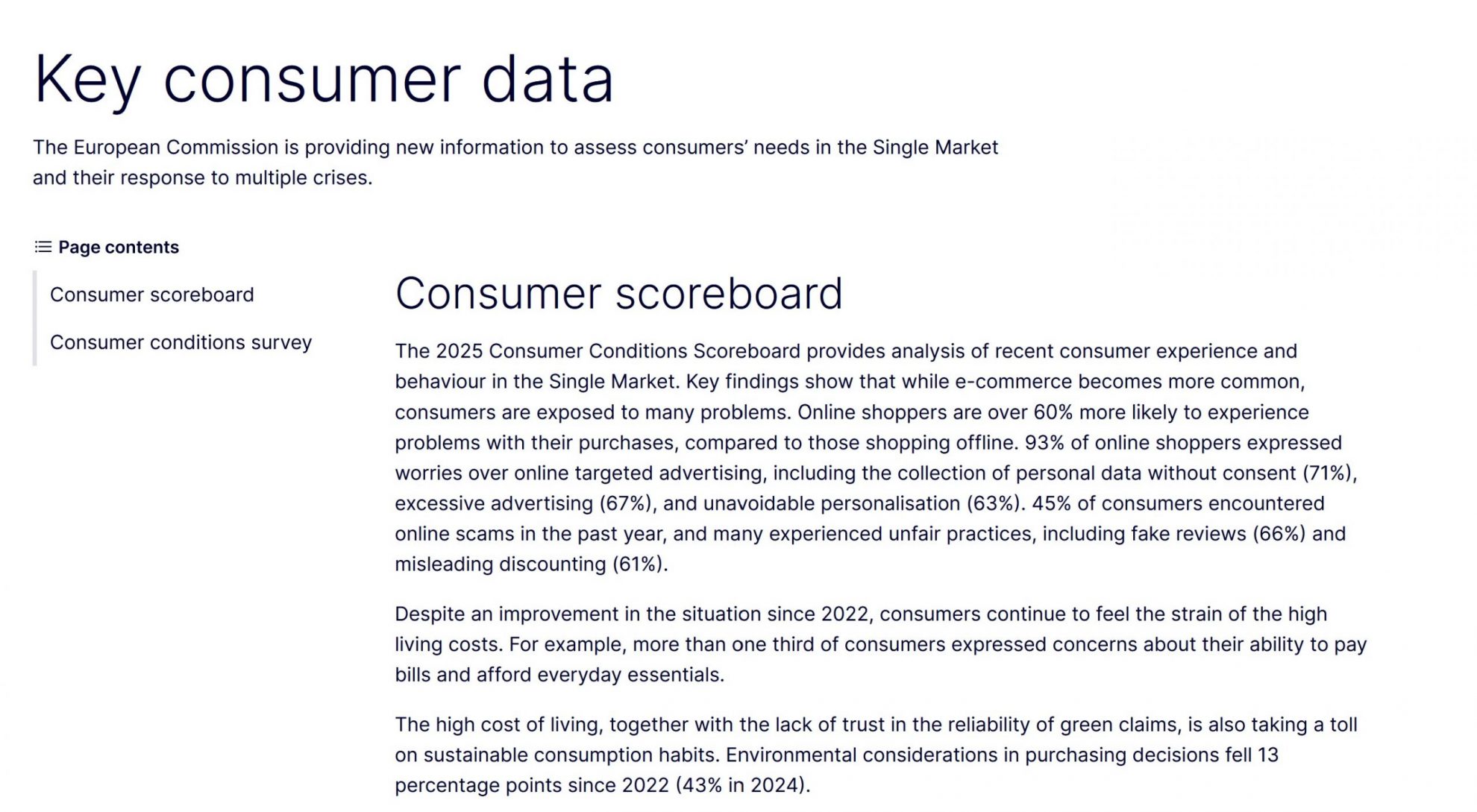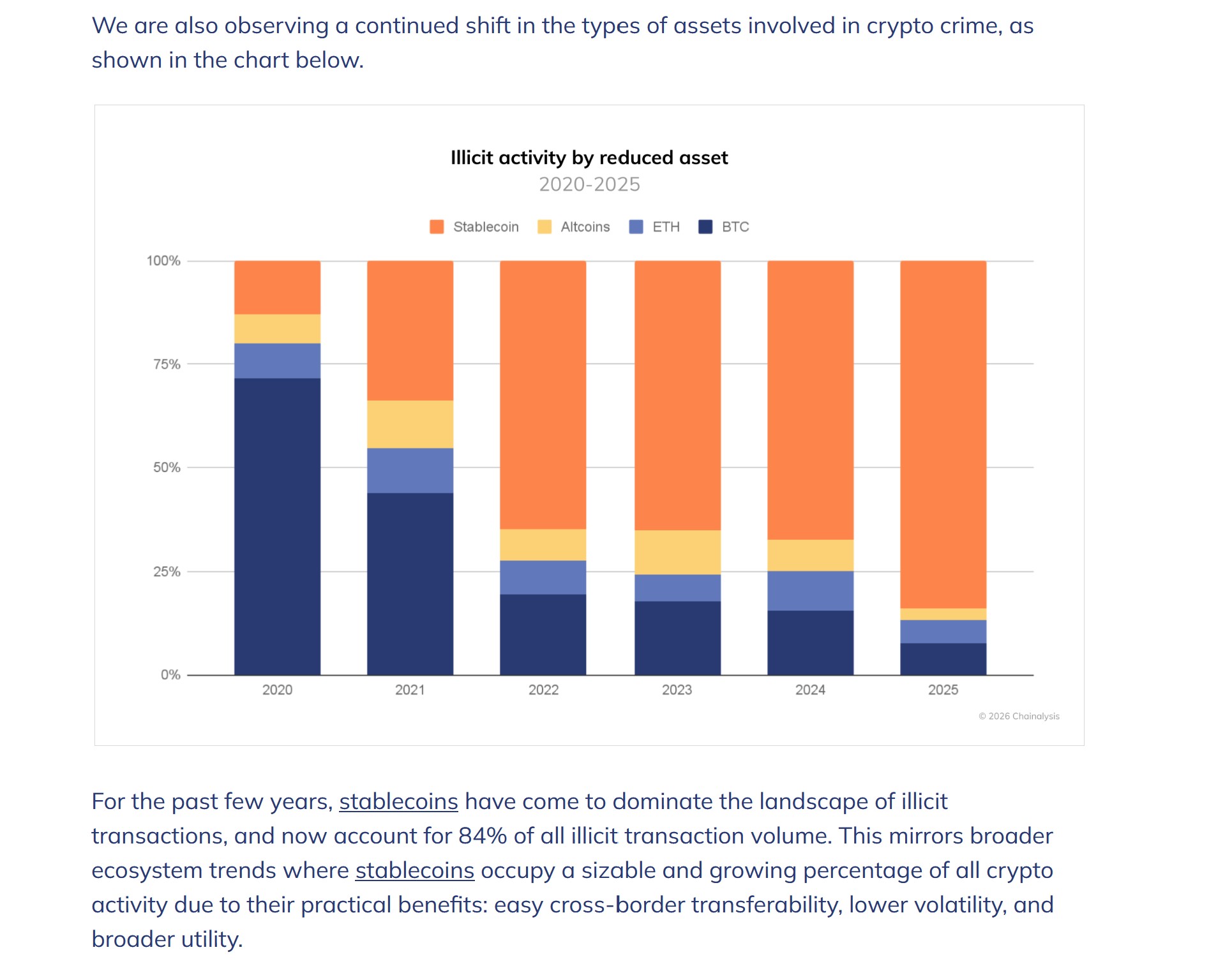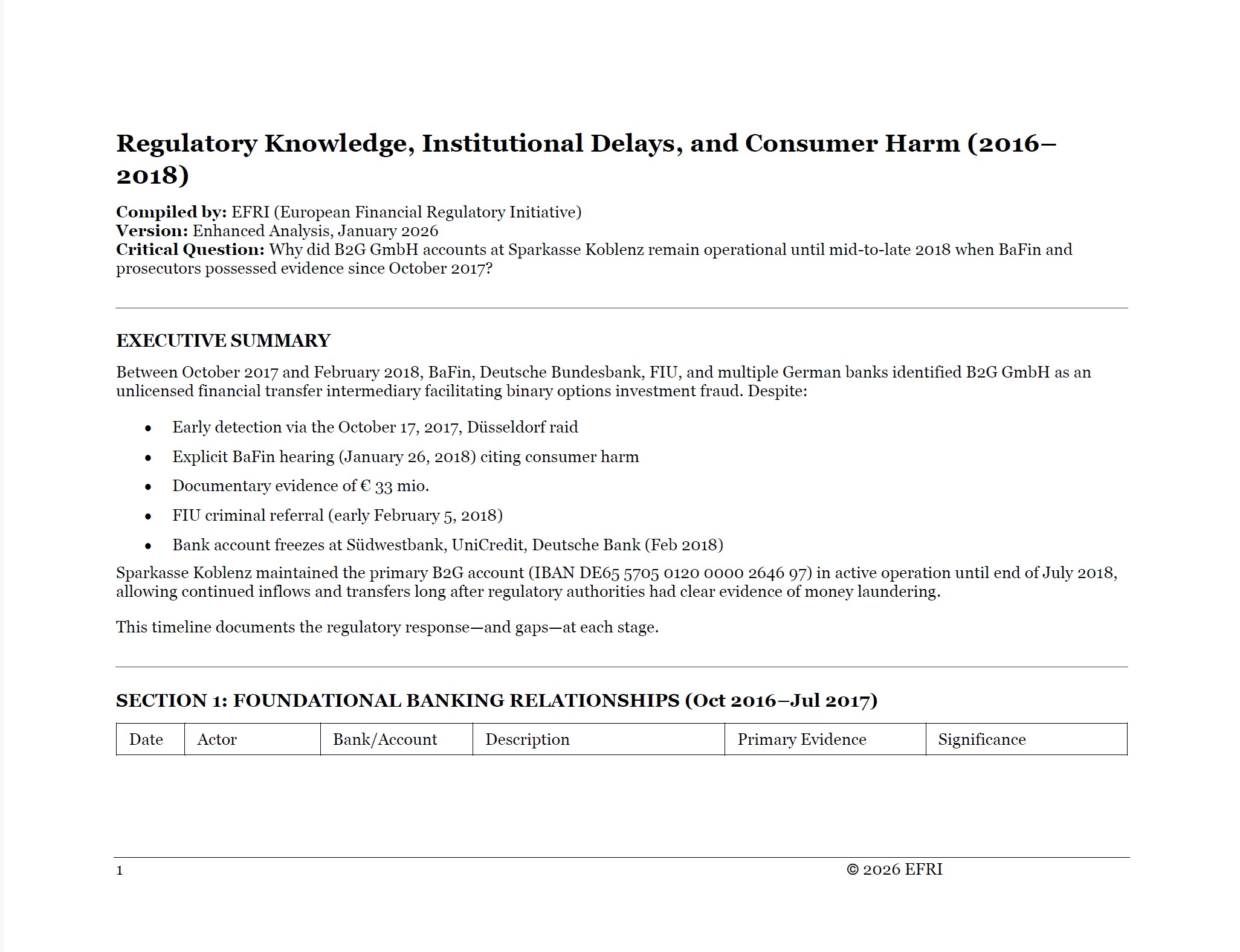There are rumours that ING is eager to enter into a new settlement agreement with the Dutch authorities regarding the Payvision money laundering case. ING is quite experienced in negotiating settlement agreements for money laundering cases, allowing shareholders to pay the fine. However, considering ING’s checkered history of money laundering, it is evident that for ING, continuing to do business is more important than compliance and acting as a gatekeeper against financial crime. Therefore, a settlement agreement is likely not the most effective instrument to address ING’s lax stance on money laundering.
Too big too fail!
ING Groep NV (hereinafter referred to as “ING”), based in Amsterdam, is a Dutch multinational financial services company. The three letters (ING) stand for “Internationale Nederlanden Groep”. With total assets of US$1.1 trillion, it is one of the largest banks in the world and consistently ranks among the top 30 largest banks globally. In the list of the largest European companies by turnover, ING Groep is among the top ten.
ING is a Dutch member of the Inter-Alpha Group of Banks, a cooperative consortium of 11 prominent European banks. Since its creation in 2012, ING Bank has been included in the list of global systemically important banks.
In 2008, due to the late-2000s financial crisis, ING Group was bailed out with €10 billion from the Dutch Government (citizens’ money).
ING's empty phrases on money laundering and financial crime.
ING frequently outlines in its announcements that the group is very aware of financial crime risks:
ING’s security and compliance remain a top priority. It is part of who we are: Integrity is at the heart of our Orange Code – ING’s values and behaviours. As gatekeepers of the financial system, we protect the bank, our customers, and society from financial and economic crimes, including money laundering, tax evasion, and terrorist financing.
To “enforce the Group’s high values” across the Group, ING reports that it has established business principles that clearly express ING’s commitment to integrity. For example, ING has implemented a Corporate Financial Crime Policy (“FEC Policy”), which contains a clear statement on financial crime to protect against any involvement in criminal activities and to participate in international efforts to combat money laundering and the financing of terrorist and illegal activities. The FEC policy aims to ensure that the appropriate risk-based standards of due diligence are applied to the “Know Your Customer” principle, so that ING consistently complies with the requirements of legislation and relevant guidelines in the countries where it operates, and that its brand and reputation are protected.
According to the ING FEC Policy, the management of all ING entities must implement appropriate local procedures that enable them to comply with local laws, regulations, and the ING FEC Policy. Where local laws are stricter, local laws should be applied. Similarly, if the standards contained in the FEC policy are more stringent than local legislation, the FEC policy takes precedence.
ING's history demonstrates that settlement agreements are not practical tools for preventing money laundering.
According to the announcements, ING is aware of the immense importance of combating financial crime and its responsibilities as a gatekeeper. However, considering ING’s checkered money laundering track record, as outlined below, it is evident that for ING, doing business is more important than compliance and acting as a gatekeeper for financial crime.
The US DoJ asked ING for the forfeiture of USD 619 million
On June 12, 2012, the US Department of Justice issued a press release regarding a settlement agreement with ING Bank N.V. of the Netherlands. ING Bank N.V. agreed to forfeit US$619 million for engaging in transactions with Cuban and Iranian companies.
ING Bank N.V. violated U.S. and New York State laws by facilitating the movement of more than 20,000 transactions worth over US$2 billion through the U.S. financial system on behalf of Cuban and Iranian companies that were subject to U.S. economic sanctions from the early 1990s through 2007. In the settlement reached in the criminal case, ING Bank admitted to knowingly and willfully engaging in this criminal conduct, which resulted in unaffiliated U.S. financial institutions processing transactions that otherwise should have been rejected, blocked, or halted for investigation under OFAC regulations governing transactions with sanctioned countries and parties.
U.S. Department of Justice Deputy Attorney General Monaco summarised the settlement reached as follows: “The fine announced today is the largest ever imposed on a bank in connection with an investigation of violations of U.S. sanctions and related offences, and underscores the national security implications of ING Bank’s criminal conduct. For more than a decade, ING Bank helped provide state sponsors of terror and other sanctioned entities with access to the US financial system so they could transfer billions of dollars for illicit purchases and other activities through US banks,” US Attorney Machen said. “When banks put their loyalty to sanctioned customers ahead of their commitment to comply with the law, we will hold them accountable. In more than 20,000 cases, ING intentionally manipulated financial and commercial transactions to remove references to Iran, Cuba and other sanctioned countries and entities. Today’s recovery of $619 million – the largest amount to date – will hold ING accountable for their misconduct.”
According to the court documents, ING Bank committed its criminal conduct by, among other things, processing payments for ING Bank’s Cuban banking business through its branch in Curaçao on behalf of Cuban customers without indicating the origin of the payments and by providing US dollar trade finance services to sanctioned entities through misleading payment messages, shell companies and the misuse of ING Bank’s internal suspense account.
In addition, ING Bank eliminated payment data that would have revealed the involvement of sanctioned countries and entities, including Cuba and Iran; advised sanctioned customers how to conceal their participation in US dollar transactions; forged ING Bank endorsements for two Cuban banks to fraudulently process US dollar travellers’ cheques; and threatened certain employees with penalties if they did not take specific steps to remove references to sanctioned entities in payment messages.
According to court documents, this occurred in various business units of ING Bank’s wholesale division and at locations worldwide, with the knowledge, approval, and encouragement of senior corporate managers and the bank’s legal and compliance departments. Over the years, several ING Bank employees raised concerns with senior management about the bank’s sanctions violations. However, no action was taken.
ING Netherlands did a €775 million settlement deal
In September 2018, ING Bank N.V. agreed to a settlement payment of €775 million to end criminal proceedings initiated in Amsterdam in the spring of 2017.
Dutch financial crime prosecutors found that ING had “structurally and over the years” violated laws on the prevention of money laundering and terrorist financing (specifically investigating the years 2011 to 2016) by failing to verify the beneficial owners of customer accounts and failing to notice unusual transactions through those accounts – especially in the years under investigation.
Prosecutors stated that the Dutch central bank (DNB) had warned ING Bank N.V. as early as 2008 that its procedures were inadequate, but only took action in 2016. Dutch prosecutors said they began investigating in 2016 after recognising that a pattern of violations, such as those that occurred at ING Bank N.V. in several criminal investigations, was a sign of deeper problems at ING.
Prosecutors cited four examples where ING accounts were used to commit crimes, most notably bribes paid by telecommunications company VEON, formerly VimpelCom, in Uzbekistan. VEON settled the charges from the US and the Netherlands in 2016 for a payment of US$835 million.
The senior prosecutor, Margreet Frohberg, on the case told the press that “hundreds of millions of euros” were involved.
The Statement of Findings published together with the settlement agreement revealed that ING’s transaction monitoring system was programmed to trigger a maximum of three money laundering alerts per day in specific categories, as the bank did not have sufficient capacity to investigate more.
Another essential survey finding was that at ING, doing business is more important than compliance.
Poland: (ING Bank Śląski) as revealed in the #FinCEN files
On 20 September 2020, leaked documents – also called #FinCEN files – from the US Treasury Department’s Financial Crimes Enforcement Network (FinCEN) revealed that accounts of suspicious companies such as Schildershoven Finance B.V., Amsterdam, as well as Tristane Capital B.V., Amsterdam, at the Polish bank ING Slaski have been used for years to launder stolen money from Russia and Ukrainian oligarchs.
According to the #FinCEN files, Schildershoven Finance B.V. and Tristane Capital B.V. sent and received wire transfers with several high-risk transaction patterns, including sending/receiving high-value wire transfers (large, round dollar amounts) in groups on the same day or consecutive days with unclear and generic payment details (sale of securities, interest receivable and payments under agreements), the use of accommodation addresses (United Kingdom, Cyprus), transactions with high-risk, low-transparency entities and the lack of a clear business rationale.
Schildershoven Finance B.V. is a financial brokerage service through which hundreds of millions of dollars were channelled to companies in Cyprus and tax havens until the tax authorities lost track of them. Russian and Ukrainian oligarchs funnelled vast sums of money out of their countries through this system, also called the Moscow Mirror Network scandal.
The Moscow mirror network scandal involved about $10 billion. Igor Putin, a cousin of Russian President Vladimir Putin who serves on the management boards of several Russian banks, and Arkady and Boris Rotenberg, oligarchs who are friends of the Russian President and against whom the USA has imposed sanctions, are also alleged to have been involved.
According to reports from the #FinCENfiles, Ergoinvest LLP (a shell company registered in Potters Bar in Hertfordshire, United Kingdom) was one of Schildershoven’s most important clients. In 2014, nearly $307 million was transferred from Schildershoven’s account at ING Bank Śląski to Ergoinvest’s account. All 76 transactions bore the enigmatic title “payment by agreement.”
According to an internal ING document, Schildershoven’s dealings at ING Bank Slaski amounted to $1.2 billion in 2014 alone.
According to this, ING Bank Śląski may have been used to launder at least several hundred million dollars from Russia and Ukraine between 2013 and 2014. The current director of the Dutch company, Schildershoven Finance B.V. (KVK: 33287037), Vladislav Zaharovs, claims that it had business relations with ING until 2018.
MoneyNetInt Ltd, London – an e-money and payment institution licensed by the Financial Conduct Authority (FCA) (reference No. 900190) – had an account with ING Bank “Śląski Spółka Akcyjna” (PL73105000861000009030701412). The account was used for deposits from victims of the fraudulent website www.optionstarsglobal.com (also known as the Wolf of Sofia) up to 2019.
As early as July 2016, The Times of Israel reported MoneyNetInt Ltd. ‘s involvement in binary options fraud. In spring 2017, the Polish Financial Supervisory Authority (“KNF”) issued a warning regarding the activities of MoneyNetInt Ltd.
ING Italy: no new clients for more than one year
In March 2019, the Bank of Italy ordered ING to pay €30 million to settle a money laundering case in Italy, according to public media reports. The court fined ING €1 million and deducted €29 million from the bank’s profits.
The Bank of Italy’s action, taken in March 2019, followed several inspections that revealed ING Italy had not taken sufficient measures to prevent money laundering transactions through its accounts.
In addition, the investigation led to Dutch lender ING being banned from taking on new clients in Italy, and the central bank ordered the lender to fire its Italian CEO.
On 16 January 2020, an Italian court upheld a decision made by the Italian banking regulator last year, prohibiting ING from taking on new clients.
The Banca d’Italia announced on 20 September 2020 that the ban on onboarding new customers at ING Italy, imposed in March 2019, has been removed. The decision follows the comprehensive steps undertaken by ING Italy to strengthen its processes and management of KYC compliance risks.
Spain: running omnibus accounts for Bandenia
In early April 2023, it became publicly known that the Bandenia money laundering network used the Spanish branch of ING to launder stolen money for transnational criminal organisations. The key was the so-called ‘omnibus accounts,’ i.e., cumulative accounts with funds from several parties. In fact, according to the prosecution, Bandenia opened current accounts in its name at renowned banking institutions, such as CaixaBank in Spain and Ibercaja, as well as the branch of the Dutch bank ING in Spain.
The structure of Bandenia, as analysed by Spanish investigators, resembles that of a ‘washing machine’: black funds enter Bandenia, circulate, and follow the path of legitimate investments. The magistrates identified 352 ‘criminal’ clients: drug traffickers, swindlers, and financial criminals.
Leonsky Ltd in Madrid, Spain, a money mule held an account with ING BANK N.V. SUCURSAL EN ESPAÑA (ES17 1465 0100 9519 0060 4045). This account has been used for several online fraud schemes (including the scams of Gal Barak).
Australia:
On 24 November 2022, ING announced that ING Australia has entered into an Enforceable Undertaking (EU) with AUSTRAC (Australian Transaction Reports and Analysis Centre).
The EU is following an investigation by AUSTRAC, which commenced in July 2021.
It was reported that Dutch bank ING has vowed to fix its anti-money laundering and counterterrorism financing systems after an investigation by the Australian financial crimes regulator, AUSTRAC, found flaws in the lender’s compliance.
AUSTRAC stated that it accepted a court-enforceable undertaking from ING’s Australian business, with ING promising to enhance its reporting of suspicious transactions, risk assessments, and compliance program for anti-money laundering and counter-terrorism financing (AML/CTF) laws.
Online broker ING Germany is lax regarding significant cases
As of September 21, 2021, FT reported that BaFin’s employee rebuked Germany’s most significant online bank, ING Germany, in court for being too late in flagging suspicious trading activities of a potentially criminal client.
The rare public criticism of an individual bank by Germany’s financial regulator was made at a district court hearing in Frankfurt on Tuesday, where a 45-year-old former senior funds manager of Union Investment is charged with large-scale insider trading.
The defendant admitted to “front-running” investment decisions he made on behalf of his employer on 55 occasions between April and September 2020, resulting in a net profit of €8.1 m. According to the public prosecutor, he used a private brokerage account at ING Germany to buy and sell derivatives aimed at retail investors in blue-chip stocks that he traded for Union, including Infineon, Deutsche Post, and MTU, sometimes spending €1 million per transaction. The total trading volume over the six months preceding his arrest amounted to €45 million, generating significant fees for the online broker. Frank Mühlhans, a BaFin expert on insider trading, told judges on Tuesday that the defendant’s broker flagged the highly suspicious trades relatively late and only after several issuers had warned the regulator about the dubious activity. “About this broker, I am not surprised about this,” Mühlhans said. He pointed to his past experiences with suspicious activity reports from the bank. “They are filing a lot [of suspicious activity reports] but are surprisingly lax regarding the significant cases.”
France:
The French Prudential Control and Supervision Authority (‘ACPR’) announced on 2 March 2021 that it had issued a decision fining ING Bank NV EUR 3 million for failures in anti-money laundering and combating terrorist financing (‘AML/CFT’). In particular, the ACPR noted, among other things, that ING France had failed to implement an adequate risk classification system accounting for the origin of assets, sector of activity, and risks related to its retail banking customers, as well as that it had not exercised adequate due diligence in its business relationships with respect to risk factors such as Politically Exposed Persons. In addition, the ACPR noted that, with respect to the transfer of funds, payment service providers must have in place internal management procedures for detecting a possible absence of information on the principal and beneficiary, as well as for monitoring compliance with AML/CFT requirements.
Furthermore, the ACPR found that there were no adequate internal management procedures in place to detect missing information regarding fund transfers and payment service providers of intermediaries. Moreover, the ACPR found that there were inadequate procedures for implementing on-the-spot checks and for reporting suspicions of AML/CFT breaches, as well as for imposing asset-freezing measures.
Luxembourg: ongoing criminal investigation!
According to the ING’s group annual report 2021, in January 2022, a Luxembourg investigating judge informed ING Luxembourg that he intends to instruct the relevant prosecutor to prepare a criminal indictment regarding alleged shortcomings in AML process at ING Luxembourg, “I can only confirm that an investigation was opened in March 2018 and that at this stage the procedure is covered by the secrecy of the investigation,” a spokeswoman for the Luxembourg prosecution said.
ING Belgium appears 965 times in the Panama Papers
In 2018, in new documents obtained in the “Panama Papers,” the name of ING Belgium appeared 965 times, more precisely, that of “ING Belgium, Brussels, Geneva branch.”According to Le Soir, the Panama Papers enable the establishment of a direct link between the ING branch in Geneva and tax havens. At least 25 offshore companies (in Panama and the British Virgin Islands) are connected with ING Belgium, Geneva branch, primarily by opening a bank account.
The opening of these accounts hosted under an offshore structure sometimes dates back more than ten years. The most beneficial owners of these accounts are wealthy Russians active in the oil and gas sector.
Ralph Hamers: ING's CEO from 2013 to 2020
The settlement reached with ING in the autumn of 2018 also ended the criminal proceedings against ING’s Executive Board. No criminal action was taken even though compliance deficiencies had been described for years in reports from Internal Audit, Legal/Compliance, and external supervisors, as both the Management Board and the Supervisory Board had received information from Internal Audit, the Dutch regulator DNB and the European Central Bank that AML controls were inadequate. However, neither the ING Executive nor Supervisory Board took appropriate action.
Pieter Lakeman, chairman of Stichting Onderzoek Bedrijfs Informatie (SOBI), filed an appeal and was proven right by a court. The Hague Court of Appeal said it thought that there were promising leads for the successful prosecution of this former director as the de facto supervisor of the criminal offenses committed by ING”. It added: “The facts are serious; no settlement has been reached with the director himself, nor has he taken public responsibility for his actions.” New criminal investigations for Ralph Hamers were started, but up to now, no results.
Payvision's criminal proceedings!
Ralph Hamers was praised for ING’s digital evolution during the past years. One of his digital initiatives for ING was the acquisition of Payvision B.V., a payment institution, in January 2018. In November 2023, it became public knowledge that criminal proceedings against Payvision and its former management, Rudolf Booker, were initiated by the Dutch supervisory authority DNB due to its massive involvement in investment scams from 2015 up to 2020.
The criminal proceedings are still pending. As mentioned, there are rumours that ING is eager to achieve another settlement agreement for the pending Payvision case, enabling Rudolf Booker to continue his more than questionable stance on money laundering.


